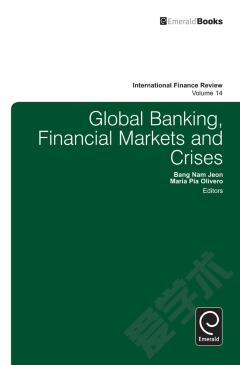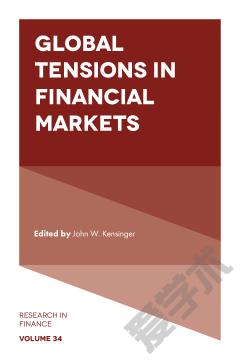Financial Markets and the Global Recession
The recent credit crunch of 2008 ignited in 2009 one of the most severe economic slowdowns since World War II. In many countries, such as the United States and the United Kingdom, the intensity of the recession is such that comparisons are made with the Great Depression of 1929. This book will shed some light on the causes of the recession and its effects on the balance of international powers. Furthermore, many regions of the world, and developed countries in particular, are currently in the midst of significant population aging caused by falling fertility rates and increased life expectancy. This may cause a worldwide capital shortage in the long run. This book addresses this issue, as well as the extent to which policy reforms play a significant role in the international capital movement and the impact the worldwide short-term fiscal expansion has made on the global economy. Also examined is the impact of some possible options (US fiscal stimulus, monetary easing in the US, and foreign official purchases of US treasury securities) on the economies of the US and the rest of the world, and the US current account deficits by using structural vector autoregression (SVAR) model. This book also examines the depths and necessary measures for countries in the Eurozone, and the monetary union in particular, to control and counteract the global recession. Other chapters discuss the different methods of modeling volatility of stock prices and exchange rates, the correlation between individual investments, investor preferences and the relative size of risk weights and the effects of regulation, and the future of capital asset pricing models (CAPM0), one of the central areas of research in finance.
{{comment.content}}








 京公网安备 11010802027623号
京公网安备 11010802027623号